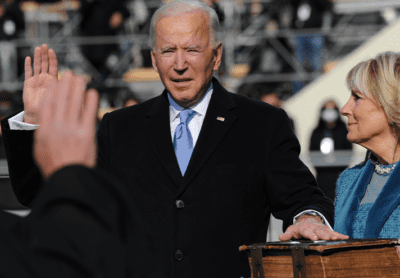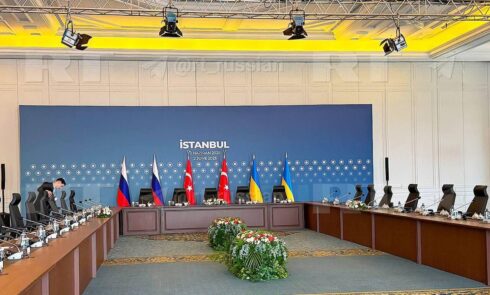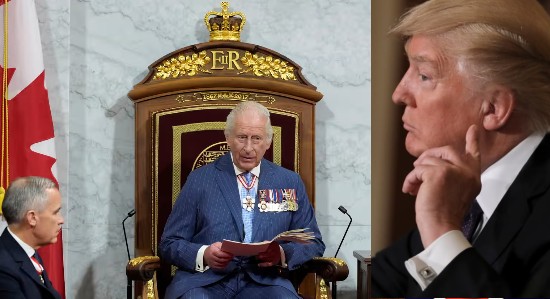The United States and Saudi Arabia are on the brink of finalizing a significant bilateral security agreement, the White House has announced. This development comes as National Security Advisor Jake Sullivan engaged in crucial discussions with Saudi Crown Prince Mohammed bin Salman during a recent visit to the kingdom. The agreement is a cornerstone of President Joe Biden’s foreign policy strategy, aiming to counteract the growing influence of the China-Iran axis in the region.
White House National Security Spokesperson John Kirby revealed to Reuters that the negotiations are “closer than we’ve ever been” to reaching a conclusive agreement. He emphasized that the pact is “near final,” indicating that both nations are in the advanced stages of solidifying the terms. This deal is not just a bilateral agreement but a pivotal component of a larger geopolitical strategy in the Middle East, which includes fostering normalization between Israel and Saudi Arabia and advancing the cause of Palestinian statehood.
Components of the US-Saudi Defence Agreement
The forthcoming US-Saudi defence agreement is expected to encompass a range of critical elements including security guarantees, arms sales, and civil nuclear cooperation. According to CBS News, these components are designed to bolster the defense capabilities of Saudi Arabia while ensuring stability in the region through advanced military support and collaboration.
A notable aspect of the agreement involves civil nuclear cooperation, which indicates a strategic shift towards enhancing Saudi Arabia’s nuclear energy capabilities under strict regulations. This part of the deal underscores the United States’ commitment to maintaining a balance of power in the Middle East while preventing the proliferation of nuclear weapons. Additionally, the agreement will likely serve as a precursor to a broader regional deal that the United States intends to present to Israeli Prime Minister Benjamin Netanyahu. This broader deal aims to normalize relations between Israel and Saudi Arabia, contingent upon significant progress towards establishing a pathway for Palestinian statehood.
Biden Administration Races Against Time for Middle East Trilateral Deal
The Biden administration is under mounting pressure to finalize a trilateral agreement in the Middle East, aiming to strengthen ties among the United States, Saudi Arabia, and Israel. This complex negotiation, which the White House insists must advance as a cohesive package, is facing a critical time crunch as the Congressional calendar nears its end. Lawmakers must approve the deal, leaving negotiators with only a few weeks to iron out the intricate details.
A source informed CBS that urgency is paramount, emphasizing the limited time left for Congressional approval. “The pressure is on,” the source noted, highlighting the necessity for a swift and comprehensive agreement that satisfies all parties involved. This high-stakes diplomatic effort underscores the administration’s commitment to securing a robust and strategic partnership in the volatile region.
Key Challenges in Negotiations: Military Sales and Regional Security
Negotiators are tackling significant challenges, particularly regarding the sale of advanced military equipment, such as F-35 fighter planes, to Saudi Arabia. This aspect of the deal must navigate the constraints of a longstanding United States-Israeli agreement designed to preserve Israel’s “qualitative military edge.” This agreement ensures that United States weapons sold to Israel’s neighbors do not surpass the capabilities of those provided to Israel.
Reuters reported that finding a balance between enhancing Saudi defense capabilities and maintaining Israel’s security superiority is a critical obstacle. Additionally, an official clarified that the US-Saudi agreement would not mirror a NATO-style alliance, which is based on collective defense principles. Instead, it aims for a tailored security arrangement that addresses the specific needs and dynamics of the Middle East.
Moreover, the inclusion of Israeli and Palestinian issues adds another layer of complexity. “We are very close to an understanding on the major elements between us,” an official stated, stressing the importance of incorporating Israeli and Palestinian concerns into any normalization effort. The comprehensive nature of this trilateral deal reflects the intricate web of alliances and rivalries that define Middle Eastern geopolitics, necessitating a careful and calculated approach to diplomacy.














